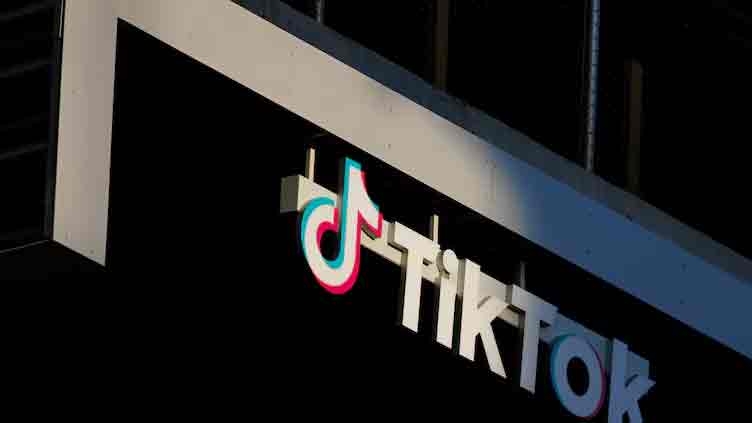Justice Dept urges Supreme Court to reject Trump request to delay TikTok ban law

Technology
Justice Dept urges Supreme Court to reject Trump request to delay TikTok ban law
WASHINGTON (Reuters) - The US Department of Justice asked the Supreme Court late on Friday to reject President-elect Donald Trump's request to delay implementation of a law that would ban popular social media app TikTok or force its sale by Jan 19.
Last week, Trump filed a legal brief arguing he should have time after taking office on Jan. 20 to pursue a "political resolution" to the issue. The court is set to hear arguments in the case on Jan. 10.
The law, passed in April, requires TikTok's Chinese owner, ByteDance, to divest the platform's US assets or face a ban. TikTok did not immediately comment.
The DOJ said in its filing that Trump's request could only be granted if ByteDance had established it was likely to succeed on the merits but the company had not done so.
DOJ said no one disputes China "seeks to undermine US interests by amassing sensitive data about Americans and engaging in covert and malign influence operations."
The government asserted that "no one can seriously dispute that (China's) control of TikTok through ByteDance represents a grave threat to national security: TikTok’s collection of reams of sensitive data about 170 million Americans and their contacts makes it a powerful tool for espionage."
Trump lawyer D. John Sauer wrote last week the president-elect "respectfully requests that the Court consider staying the Act's deadline for divestment of January 19, 2025, while it considers the merits of this case, thus permitting President Trump's incoming administration the opportunity to pursue a political resolution of the questions at issue in the case."
A judge has ordered Donald Trump to be sentenced on January 10 for his criminal conviction over hush money paid to a porn star. Though the U.S. President-elect is unlikely to face jail time or other penalties.
TikTok on Friday urged the Supreme Court to block the law on free-speech grounds under the First Amendment of the US Constitution. It said Congress had not sought to ban Chinese-owned apps like Shein or Temu, which strongly suggests "it targeted TikTok for its social-media content, not its data."
If the court does not block the law by Jan. 19, new downloads of TikTok on Apple or Google app stores would be banned but existing users could continue to access the app. Services would degrade over time and eventually stop working as companies will be barred from providing support.


